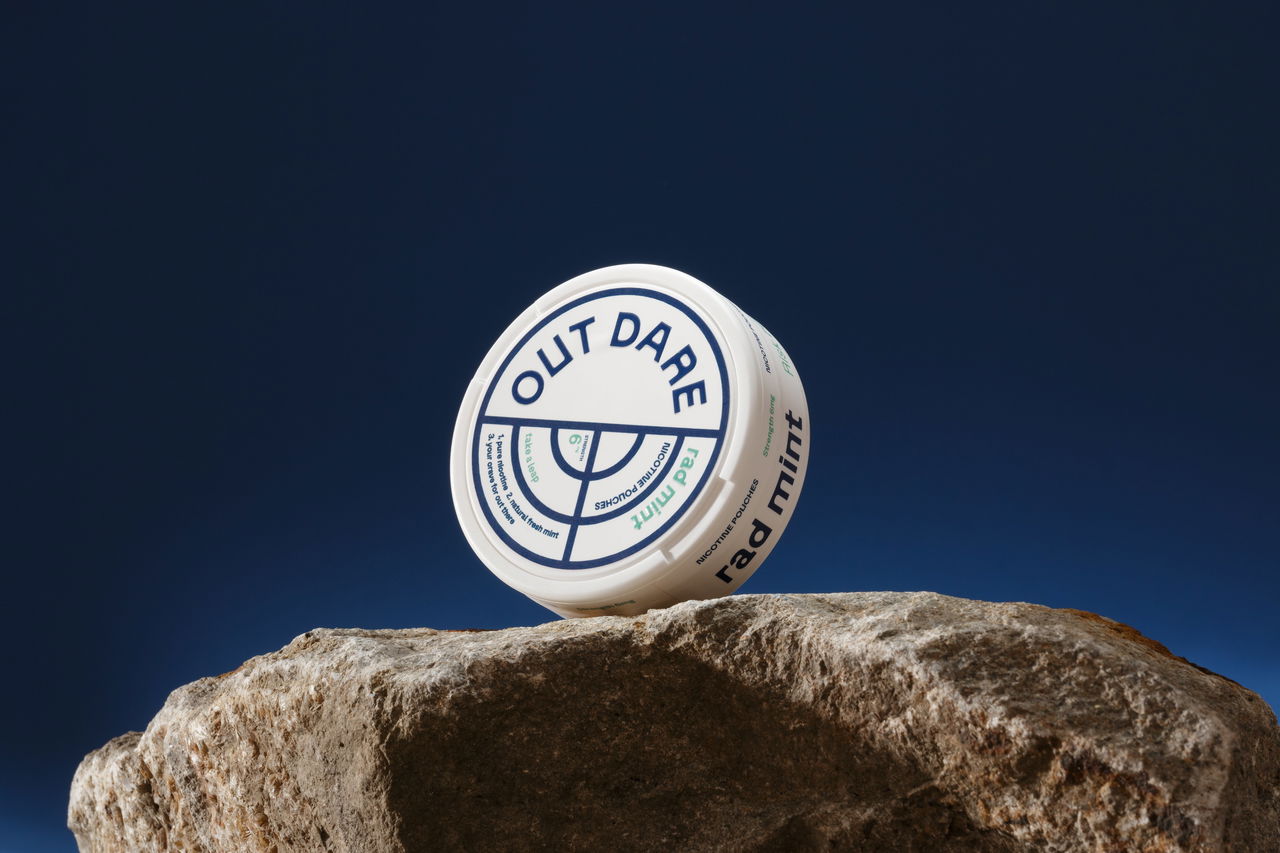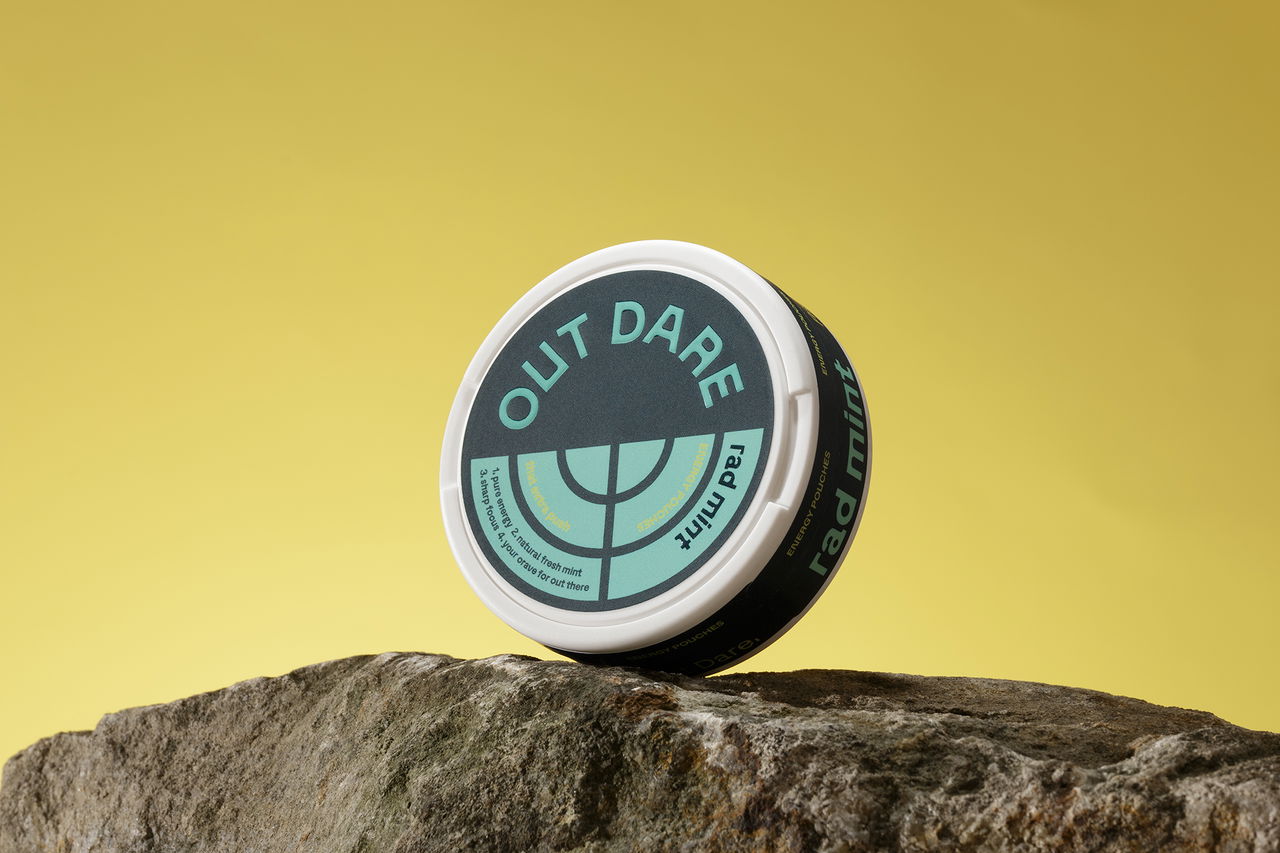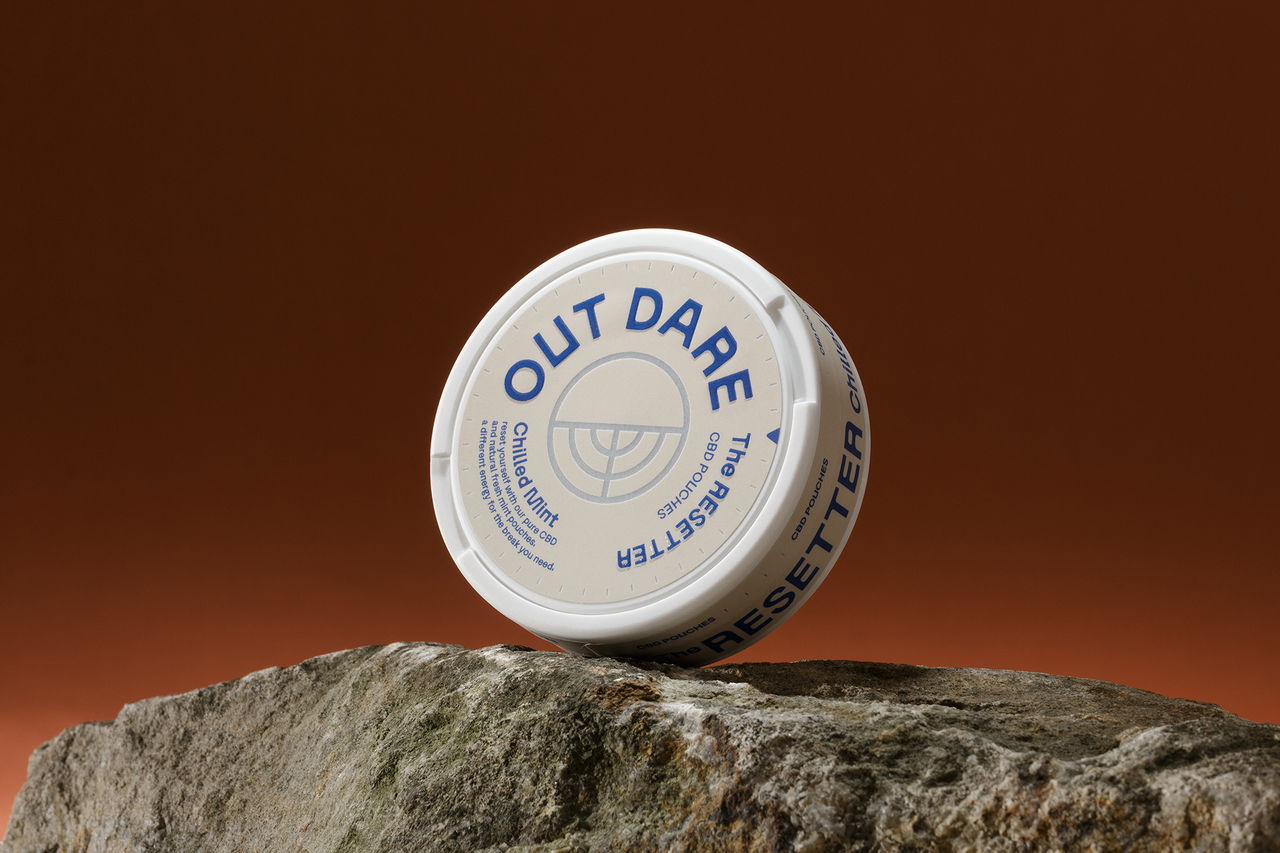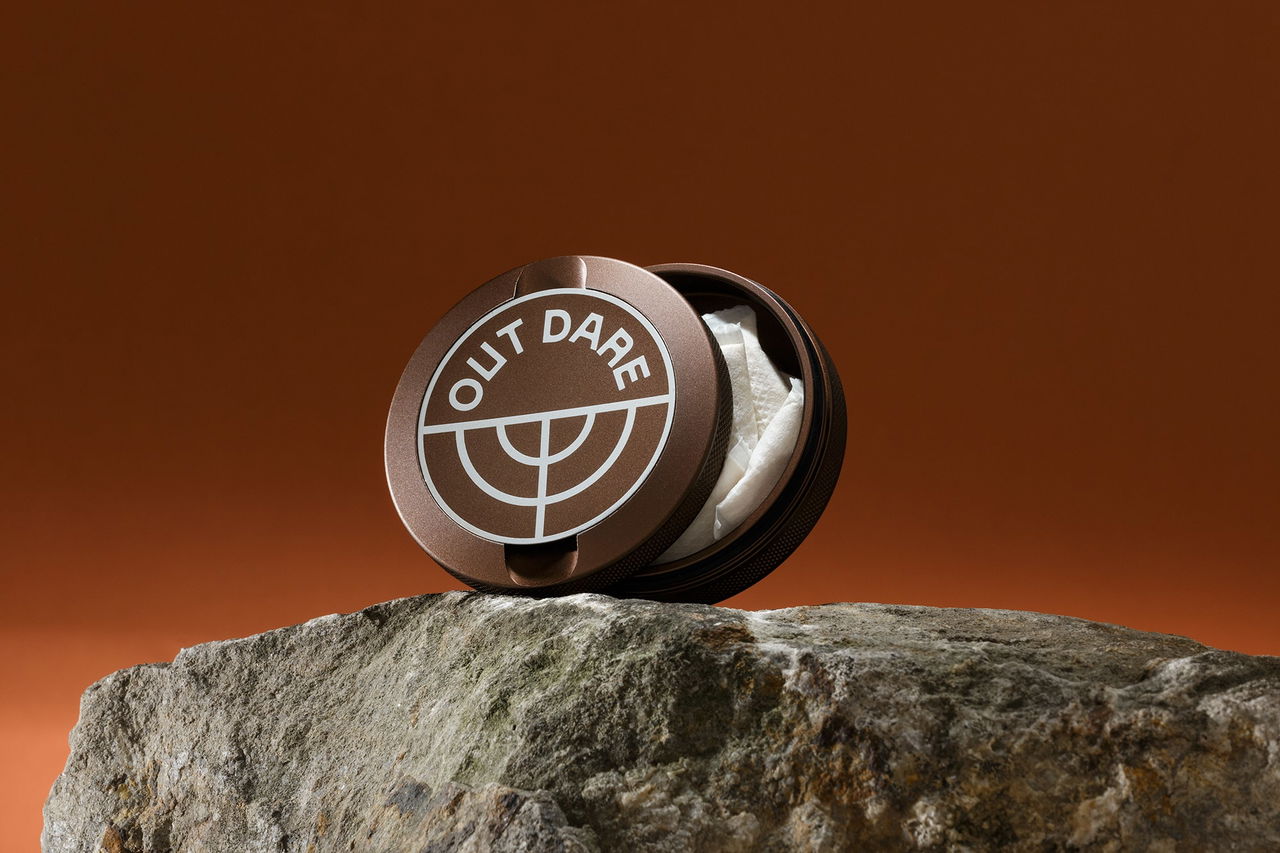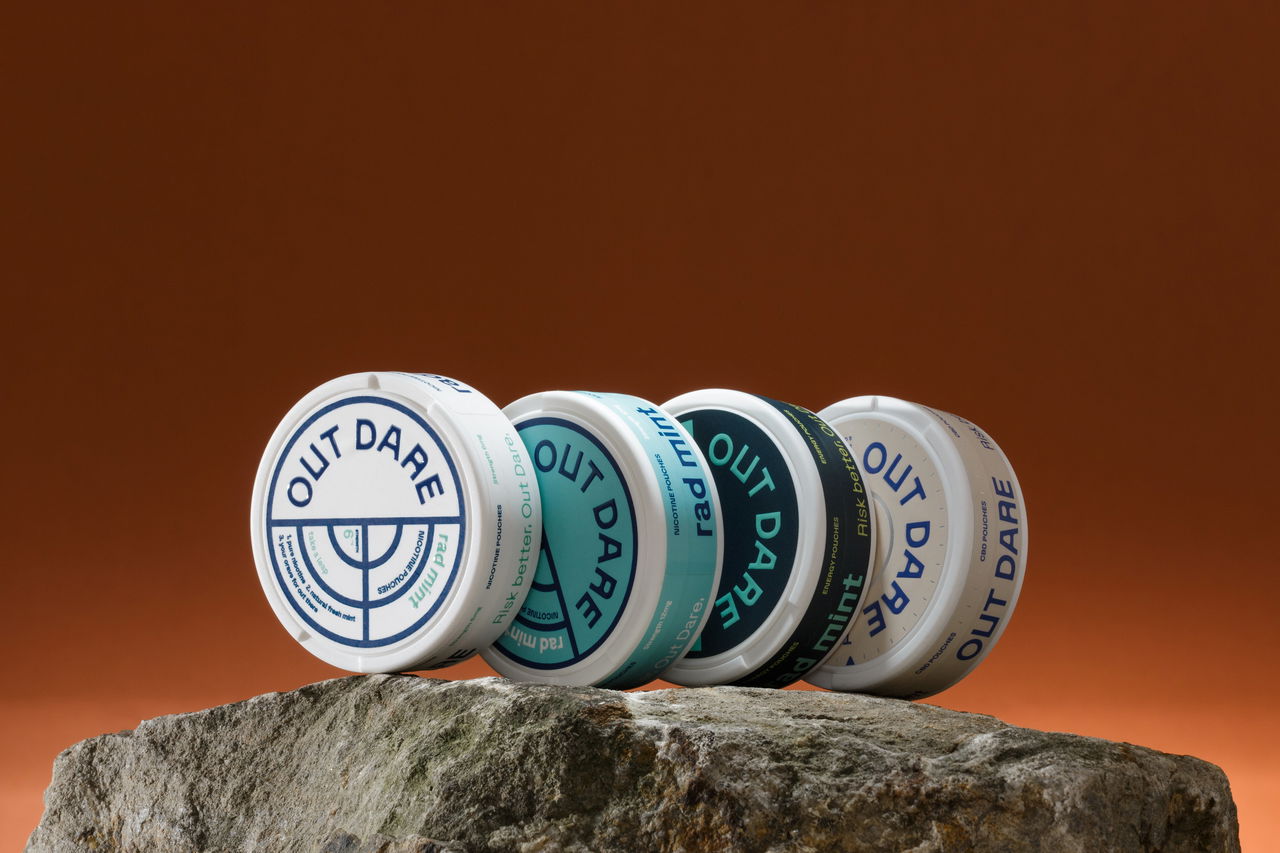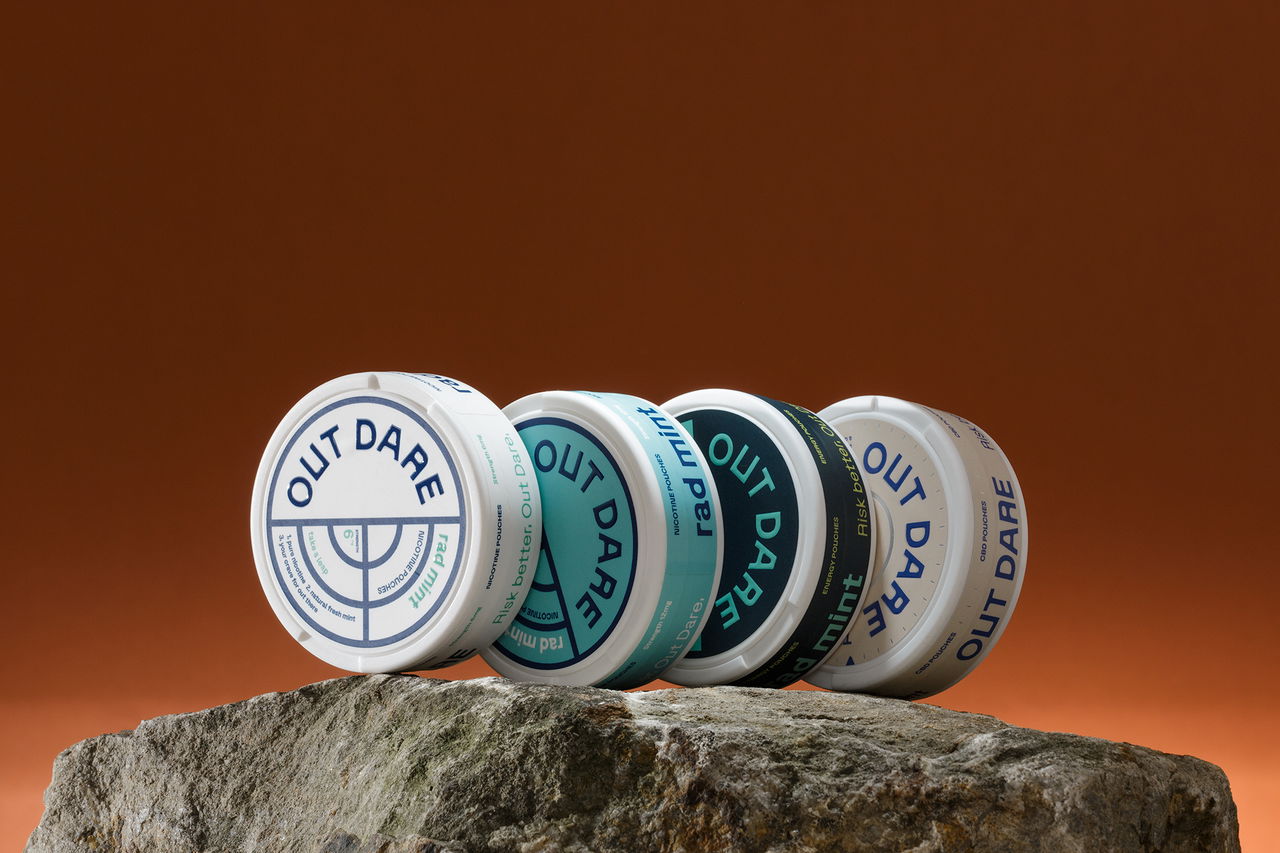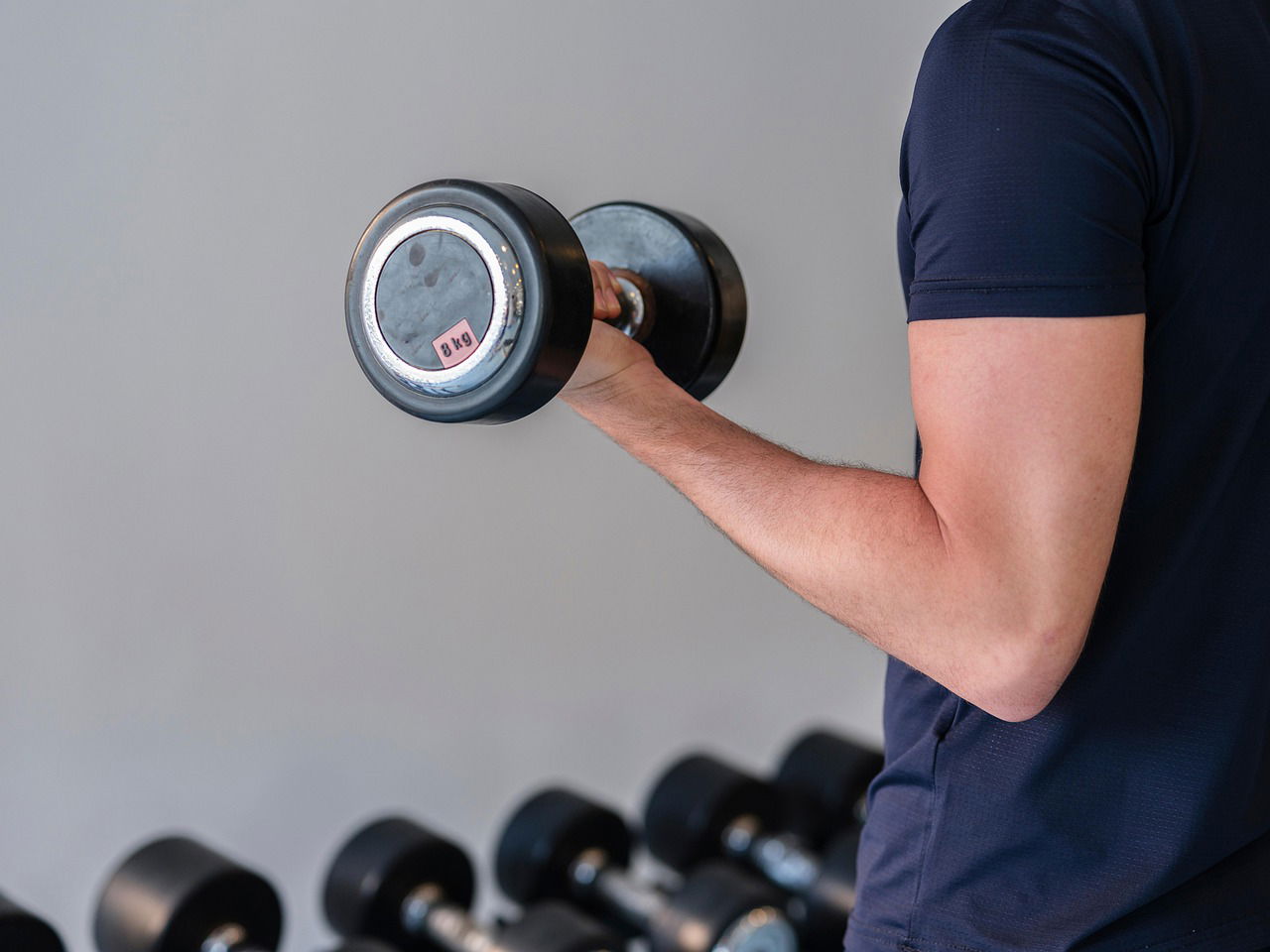
Nicotine and Nicotine Pouches: Friend or Foe for Muscle Gain?
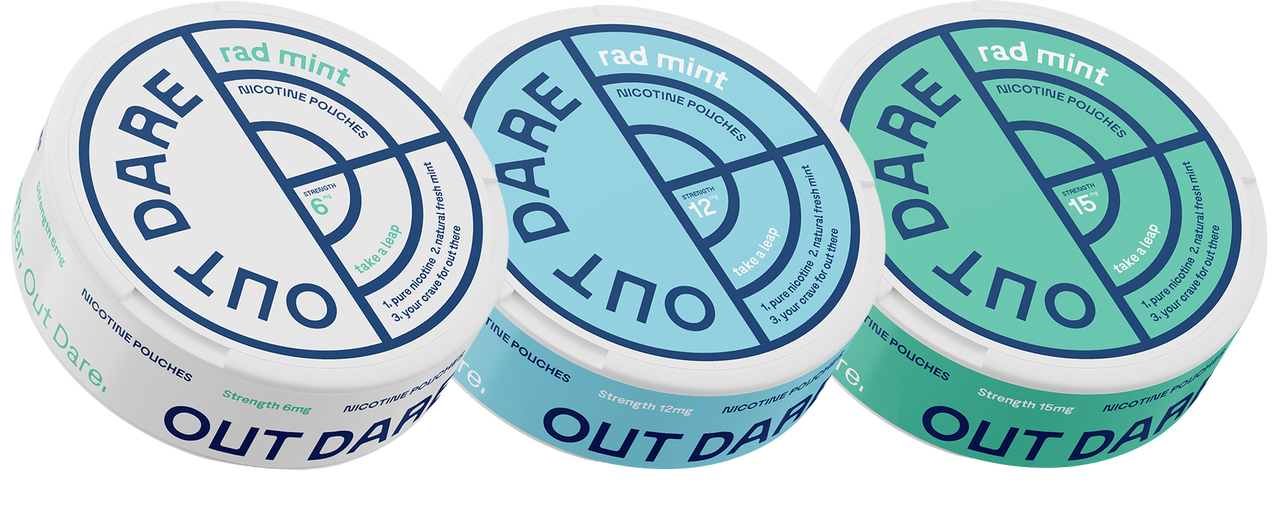
Written by
Published
Mon, 27/10/2025
The relationship between nicotine, particularly when delivered through nicotine pouches, and muscle gain is a complex one. While some perceive nicotine as a potential aid in athletic performance, its effects on the body are multifaceted and warrant careful consideration. This article delves into the science behind nicotine, explores the nuances of nicotine pouches, and compares them with other tobacco products like snus, all with the aim of understanding whether nicotine could truly be a friend or foe in the pursuit of muscle gain.
The Science of Nicotine
What is Nicotine?
Nicotine is a highly addictive stimulant found naturally in the tobacco plant. It's the primary psychoactive component in cigarettes and other tobacco products. When someone uses nicotine, regardless of the form, it is rapidly absorbed into the bloodstream, crossing the blood-brain barrier and affecting various neurotransmitter systems. Nicotine affects the release of dopamine, a neurotransmitter associated with pleasure and reward, which contributes significantly to its addictive nature. The nicotine intake is rapid, and while some believe nicotine could enhance focus, the reality is that it has a complex effect on the body. It is important to understand that nicotine is a stimulant and can affect heart rate and blood pressure.
Understanding Nicotine Pouches
Nicotine pouches are a relatively new way to use nicotine, designed to deliver the substance without tobacco. Because they avoid the harmful effects of smoking or tobacco smoke, they are becoming more popular as alternatives to cigarettes and snus. However, it's important to remember a couple of key points:
The addictive potential persists because the nicotine remains.
These products often come in various flavors and strengths, potentially normalizing nicotine use.
Comparison with Snus and Other Tobacco Products
Snus and nicotine pouches are both oral smokeless products, but they differ significantly. The use of both can lead to nicotine dependence.
Feature
Tobacco
Health Risks
Health Risks
Contains tobacco
Risks associated with tobacco consumption, including some cancers
Nicotine Pouches
Tobacco-free
Newer trend; long-term health risks still under investigation
Snus carries health risks associated with tobacco use, while nicotine pouches, being tobacco-free, are a newer product with long-term health effects still being studied.
Effects of Nicotine on Muscle Growth
How Nicotine Affects Muscle Development
The notion of whether or not nicotine affects muscle development is a complex area warranting careful exploration. Some believe that nicotine could have potential benefits, given that nicotine is a stimulant. The central nervous system is stimulated by nicotine, and therefore, some think this stimulation translates into improved workout performance. However, the scientific community has not come to a conclusion whether or not nicotine affects the muscular system in a way that promotes muscle growth or affects muscle repair. It's crucial to consider the source of nicotine; the use of nicotine from nicotine products, like nicotine pouches or even nicotine gum, might present different implications compared to the use of nicotine from traditional tobacco products like cigarettes or snus, especially since cigarette smoke is known to negatively affect the body.
The Role of Stimulants in Muscle Gain
Stimulants and muscle gain are often discussed in the context of athletic performance. The stimulant nicotine, for example, is a psychoactive substance that impacts several bodily functions. Some of these functions include increased heart rate and altered blood flow. It's hypothesized that enhanced blood flow, induced by nicotine, might theoretically promote muscle growth by delivering more nutrients to muscles during exercise and muscle repair. However, it's essential to understand that while nicotine affects the body, it also presents potential drawbacks. Over-reliance on stimulants and nicotine use can lead to dependence. Furthermore, the potential benefits of stimulants must be weighed against the documented risks of nicotine, which is a highly addictive substance. Understanding the complete effects of nicotine is paramount.
Nicotine's Impact on Endurance and Athletic Performance
The relationship between nicotine and athletic performance is a topic of ongoing debate, specifically on how nicotine affects endurance. Some athletes explore whether nicotine could provide a competitive edge, considering the effects of nicotine on alertness and focus. However, it's essential to consider that nicotine is a stimulant that also increases heart rate and blood pressure, which could negatively affect endurance and physical performance. The use of nicotine pouches or other forms of nicotine as a pre-workout aid requires careful evaluation of individual responses and potential risks. The effects of smoking on athletic performance are well-documented, and because of this, further research is needed to fully understand nicotine's isolated impact on sport performance, outside of tobacco products. The effects of snus on physical performance are also a factor, especially when evaluating the role of nicotine.
Nicotine Use in Sports
Performance Enhancement or Hindrance?
The question of whether nicotine acts as a performance enhancer or a hindrance in sports is complex and requires a nuanced understanding. Some athletes believe that the effect of nicotine on focus and alertness can be beneficial, potentially leading to improved athletic performance. The notion of nicotine as a stimulant and how nicotine affects the central nervous system may lead some to the use of nicotine pouches or nicotine gum before exercise. However, it is crucial to consider that nicotine is a highly addictive substance and the use of nicotine presents potential drawbacks. The effects of smoking on physical performance and how tobacco smoke negatively affects the body are well-documented, and these effects are generally counterproductive for muscle gain and endurance. Ultimately, the impact of nicotine is highly individual, and athletes must carefully weigh the potential benefits against the risks of nicotine use.
Case Studies of Athletes Using Nicotine Pouches
Examining case studies of athletes using nicotine pouches can provide valuable insights into the real-world effects of nicotine on athletic performance. Some athletes might report that the use of nicotine pouches or nicotine gum leads to a perceived increase in focus and energy, potentially enhancing short-term muscle gain and exercise performance. However, these anecdotal reports often lack rigorous scientific backing and may be influenced by the placebo effect. Conversely, other athletes might find that nicotine affects their cardiovascular health by increasing heart rate and blood pressure, negatively affecting endurance and overall physical performance. Such mixed results highlight the complexity of the issue and the need for more controlled studies to determine the true effects of nicotine. Documented effects of oral smokeless tobacco, tobacco products, and the effects of snus on physical performance should also be considered.
Alternatives to Nicotine for Muscle Growth
For individuals seeking muscle gain and improved sport performance, it's important to explore alternatives to nicotine. There are many safer and more effective strategies to build muscle. These include:
A well-designed exercise program that focuses on resistance training
Proper nutrition, including sufficient protein intake, for muscle repair and growth
Supplements such as creatine and beta-alanine, which have been shown to enhance exercise performance and muscle growth
Prioritizing sleep and stress management can also play a significant role in optimizing muscle development. Before the use of nicotine or nicotine pouches, seeking guidance from a qualified healthcare professional or certified trainer is always a good strategy. The effects of nicotine on muscle are still not fully understood, whereas there is extensive research on the aforementioned strategies.
Quitting Nicotine: A Path to Better Performance
Benefits of Quitting Nicotine for Muscle Gain
Quitting nicotine offers numerous benefits for overall health and, crucially, for optimizing muscle gain. The use of nicotine and the consumption of tobacco products, particularly smoking cigarettes, negatively affect the body's ability to recover and build muscle. Nicotine is a stimulant that raises heart rate and blood pressure, potentially impairing blood flow to muscles during exercise performance. This impaired blood flow may hinder the delivery of essential nutrients and oxygen needed for muscle repair and muscle growth. By ceasing nicotine use, individuals can improve cardiovascular health, enhance blood flow, and promote better muscle recovery. Quitting nicotine can also have a positive impact on energy levels and reduce the risk of respiratory issues often associated with cigarette smoke and tobacco smoke, ultimately supporting enhanced physical performance. The effect of nicotine is reduced.
Strategies to Help Quit Nicotine
Nicotine is a highly addictive substance, so strategies for quitting nicotine effectively are crucial for anyone looking to improve their health and athletic performance. A multi-faceted approach is often necessary. Nicotine replacement therapy, such as nicotine gum or nicotine pouches with gradually reduced nicotine intake, can help manage withdrawal symptoms. Counseling and support groups provide emotional support and guidance throughout the process. Avoiding triggers associated with nicotine use, like social situations or certain routines, can minimize cravings. Setting realistic goals, celebrating milestones, and enlisting the support of friends and family can enhance motivation and adherence. It's also important to consider consulting a healthcare professional for personalized advice and potential medication options. With commitment and the right strategies, it is possible to quit the use of nicotine and experience a friend or foe transformation.
Long-term Effects of Stopping Tobacco Use on Athletic Performance
The long-term effects of stopping tobacco use, and particularly quitting nicotine, which is a highly addictive substance, are overwhelmingly positive for athletic performance and muscle gain. Improved cardiovascular health and blood flow translate into greater endurance and the ability to sustain intense workouts for longer durations. Enhanced respiratory function leads to increased oxygen intake, boosting energy levels and reducing fatigue during exercise performance. Muscle repair and muscle growth become more efficient as the body is no longer burdened by the harmful effects of smoking and tobacco smoke. Quitting nicotine and tobacco products reduces the risk of injuries and promotes faster recovery. Over time, these cumulative benefits contribute to significant improvements in muscle mass, strength, and overall athletic performance. Even after quitting the use of snus, nicotine pouches, or other tobacco products, these positive changes continue to accrue, making it a worthwhile endeavor for any athlete. The effects of oral smokeless tobacco are then reduced in your system.








